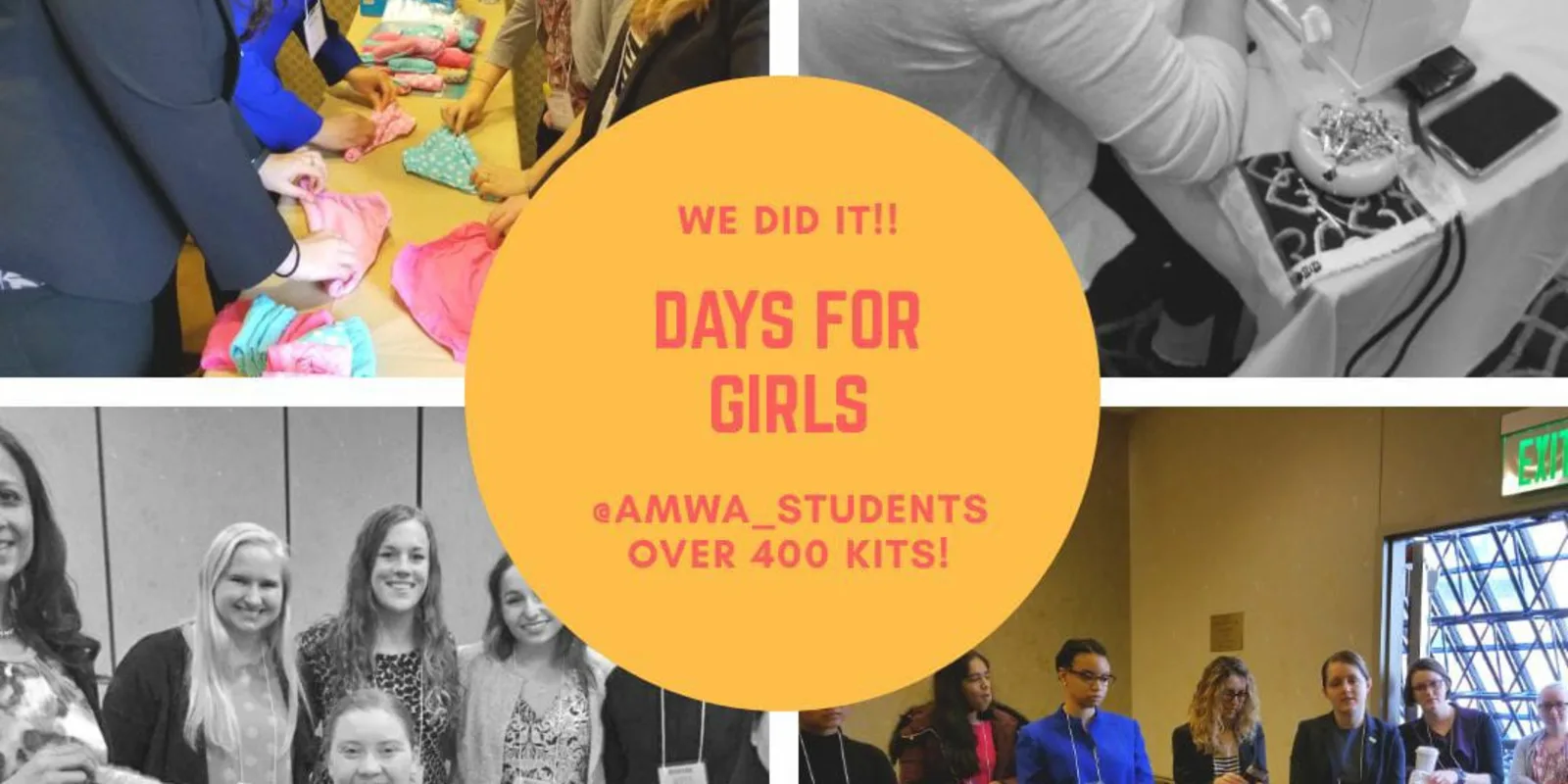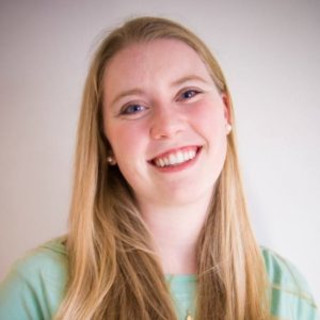
The American Medical Women’s Association (AMWA) recently held its annual meeting. Each year at the conference, AMWA issues the Haffizulla Family Scholarship, which is meant to perpetuate the involvement of young leaders in disease prevention and national health and wellness. Kaitlin Parks is an outgoing Regional Director in Student AMWA, and she received the Haffizulla Family Scholarship this year.
Can you tell us more about what work you’ve done through the year and this week at AMWA’s 103rd annual conference?
As the Region 7 Director, I hosted the Regional Conference in October last year, bringing about 75 students from 4 states to my school where we had a specialty physician panel, professional and volunteer workshops, and skills stations for medical and pre-medical students. I also worked with the Student Division Leadership to realize a new project this year. We decided to have a focus of service that united all the regions within Student AMWA and allowed us to work together on a goal directed at providing tangible benefits beyond our responsibilities within AMWA. Days for Girls was the project that was selected as it is so well-aligned to AMWA’s missions of supporting both women’s health and women’s professional development.
What is Days for Girls?
Many girls, all over the world, miss school each month because they don’t have a way to manage their periods. Often, falling more behind each month, they end up dropping out at alarming rates. Days for Girls is an international non-profit founded to provide sustainable feminine hygiene products to girls in areas where they don’t have access to water, trash services, or the financial means to afford the products we commonly use to stay functional while also menstruating. By giving girls the supplies and education to deal with their periods, we help them stay in school and go on to be more involved in their own communities. The big picture also includes training women (and sometimes men too) to make the kits in their own communities. You can find out more at www.amwa-doc.org/dfg/ or www.daysforgirls.org
How did you get involved with Days for Girls and what led you to propose the project for AMWA?

My mom, a retired OB/GYN, has been sewing for Days for Girls from a time I couldn’t even write the word “tampons” on the grocery list, much less talk about periods in public and with strangers from all walks of life. While I had grown up a bit by the time I moved from San Francisco back home to attend medical school in Tulsa, this was still not something I talked about. Not until I overheard her explaining how girls, desperate to attend school, are often put in dangerous positions being asked to trade sexual favors for methods to manage their periods. This terrible knowledge allowed me to set aside any of my own discomfort and become more involved. I started out hosting work days and volunteer events at my school, supported by our local AMWA branch. The desire to do more has led my mom and I to co-found the only active Days for Girls Team in Oklahoma. We have hosted events in churches, schools, and workplaces throughout the state. Our Tulsa team has fundraised and sewn enough kits to support three international distribution kits to Uganda, Vietnam and Peru.
And were you successful with your project?
Absolutely. I would consider it a success just to have had the opportunity to expose students, residents, and physicians to Days for Girls. We hoped to fundraise and collect materials to sponsor the creation of 300 kits. Through the hard work of the Regional Directors and generous donations, we exceeded this goal raising the funds and materials to make over 400 kits! This amounts to more than 72,000 days we can give back to girls.
What other aspects of the conference did you enjoy?
As a medical student I have found the mentoring within AMWA to be invaluable. I have been invited to sit at the table in many ways. I’ve never been made to feel undeserving to be sitting next to national and international leaders in their fields. Their advice and support has generously flowed between lectures and over coffee or wine. Of course, the lectures continue to expand my knowledge base, and help me explore areas of interest. But for me, the reason I will continue to be involved with AMWA is because of the tremendous support I have received of my ideas, and advice for my future path. Students and physicians have pushed me to think bigger than I planned with the Days for Girls project and then supported my ability to be successful with it.







